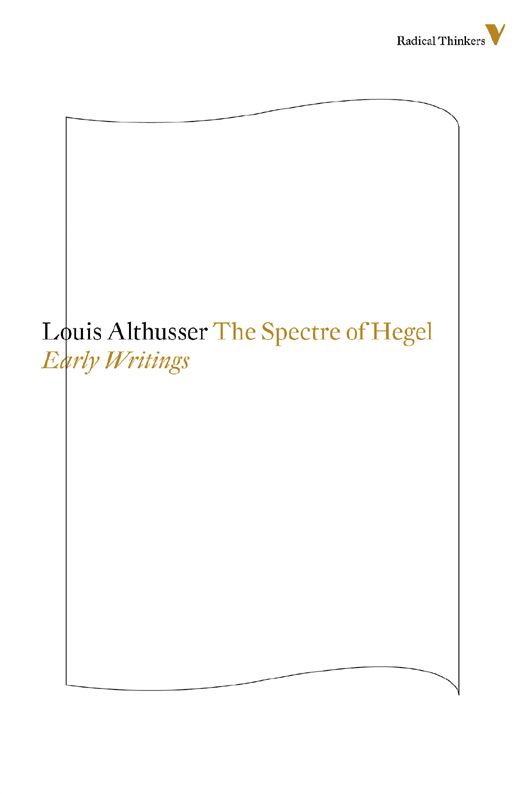

Most ebook files are in PDF format, so you can easily read them using various software such as Foxit Reader or directly on the Google Chrome browser.
Some ebook files are released by publishers in other formats such as .awz, .mobi, .epub, .fb2, etc. You may need to install specific software to read these formats on mobile/PC, such as Calibre.
Please read the tutorial at this link: https://ebookbell.com/faq
We offer FREE conversion to the popular formats you request; however, this may take some time. Therefore, right after payment, please email us, and we will try to provide the service as quickly as possible.
For some exceptional file formats or broken links (if any), please refrain from opening any disputes. Instead, email us first, and we will try to assist within a maximum of 6 hours.
EbookBell Team

0.0
0 reviewsThroughout the 1960s and 1970s, Louis Althusser enjoyed virtually unrivalled status as the foremost living Marxist philosopher. Today, he is remembered as the scourge and severest critic of 'humanist' or Hegelian Marxism, as the proponent of rigorously scientific socialism, and as the theorist who posited a sharp rupture - an epistemological break - between the early and the late Marx. This collection of texts from the period 1945-1953 turns these interpretations of Althusser on their heads: we discover that there was a 'young Althusser' as well as the 'mature Althusser' we are already familiar with. In his fascinating Master's thesis. 'On Content in the Thought of G. W. F. Hegel' (1947), Althusser developed a position which he was later to attack ferociously: namely, that the revolutionary potential of the Hegelian dialectic could be defended against Hegel's own political conservatism. We see Althusser still wrestling with the spectres of Hegel and of Catholicism in another long text, his letter to Jean Lacroix, and, finally, we see his own 'epistemological break' in the piece 'On Marxism' from 1953. Other texts included are his critique of Alexander Kojeve (whose interpretation Francis Fukuyama has recently revived) and his attack on the French Church's teachings on women, sex and the family. Widely recognized as an intellectual giant of the late twentieth century, Althusser has left a towering legacy. This collection not only gives a unique insight into the formation of such a personality, but will also restore the 'unknown Althusser' to the centre of the history of Marxism and of philosophy since the Second World War.